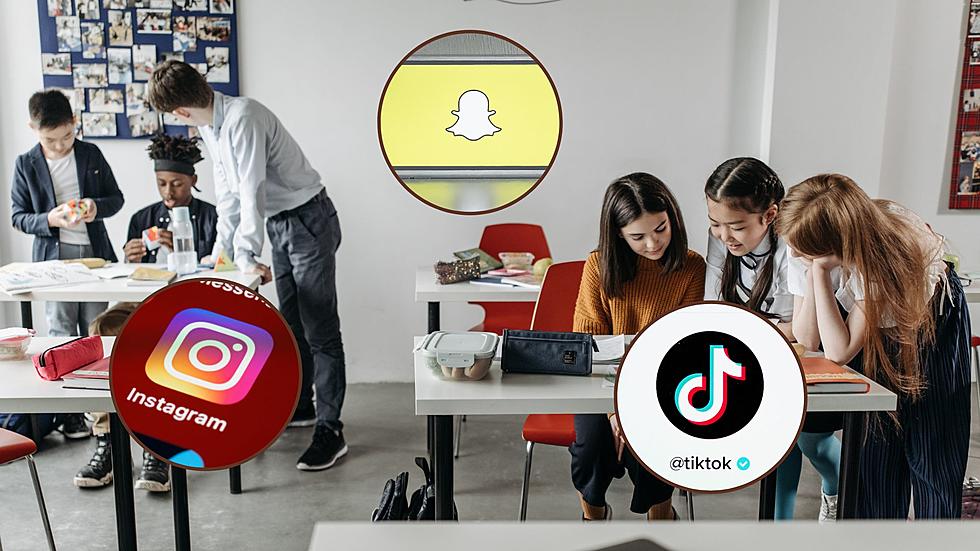
Study finds people are more rude, aggressive online
A new study confirms what you may have already noticed – many people tend to more aggressive and nasty when communicating online than in-person
The Avast Foundation study finds 1 in 3 respondents believe other online users are "fair game" for offensive comments on social media platforms, and almost two thirds of millennials admit they’ve engaged in rude or offensive behavior online.
Why are people doing this?
The study finds 39% of respondents say they will make a nasty comment online because they feel angry about something, while 33% indicate they will do so because they have strong opinions.
Additionally, 28% say they are more likely to be aggressive online than offline.
Mary Chayko, a sociologist and professor of communication and information at Rutgers University, isn’t surprised by the findings.
“People are simply not accountable in the same way online as they are face-to-face when they are eye-to-eye with people. I mean they just don’t feel the same sense of responsibility to the interaction,” she said.
Online communication for some, according to Chayko, feels “more distant, not responsive, not human, not there, and that contributes to this behavior.”
When it comes to communicating online, people need to remember that its humans and not computers that are seeing and receiving the messages.
"People tend to forget that the digital is real, that there are not only human beings at the other end of the computer or the smartphone, but those people are there sometimes right at the same moment,” Chayko said.
Why is this concerning?
Chayko said what is happening now is this kind of offensive behavior is becoming normalized because when people observe angry and offense communication they feel more of a license to engage in it as well.
Chayko said rude, nasty and aggressive words can easily spill over into the real physical world.
“Things migrate and leap into physical space all the time. That’s just a function of how we use these technologies. We use them in all aspects of our lives,” Chayko said. “The online and the offline worlds are intermingled, they’re really not separate. I mean we live our lives as one whole reality.”
She pointed out “some research has indicated that people are really less inhibited when they’re anonymous, so that can be part of the picture as well.”
Chayko added this is truly unfortunate because “people are human beings who have feelings and that applies whether they are on the other end of a smartphone or a computer, or they are looking at somebody face-to-face.”
She said “we sometimes hear the phrase ‘this is happening in real life’ when we’re face-to- face, and that implies that it’s not real life when we’re in a media space, but that’s simply not true.”
Chayko said an example of this is money you keep track of on your smartphone app.
“That’s real money even though you’re not going to be touching it as cash, even though you may spend it using a credit card it’s real. You’d be upset if somebody stole it,” she said.
Shane Ryan, the executive director of the Avast Foundation, believes it is becoming increasingly common for the line between opinionated and hateful commentary to become blurred online.
He said “today’s young people have grown up with the internet and are absorbing the behaviors they see online and they are replicating them.”
The goal of the Avast Foundation is to help foster an ethical digital world that is inclusive, transparent, and safe.
You can contact reporter David Matthau at david.matthau@townsquaremedia.com.
The most popular Christmas decorations in the US
First flakes: When does snow season start in NJ?
More From New Jersey 101.5 FM




![Digital Divide Between Parents and Kids? [POLL/AUDIO]](http://townsquare.media/site/385/files/2013/01/Computer.jpg?w=980&q=75)
![Warning to Kids! Web Postings Live Forever [AUDIO]](http://townsquare.media/site/385/files/2012/06/Facebook2.jpg?w=980&q=75)
![Are Cyber-Bullies Harassing Your Kids? [AUDIO]](http://townsquare.media/site/385/files/2012/05/computer.jpg?w=980&q=75)


